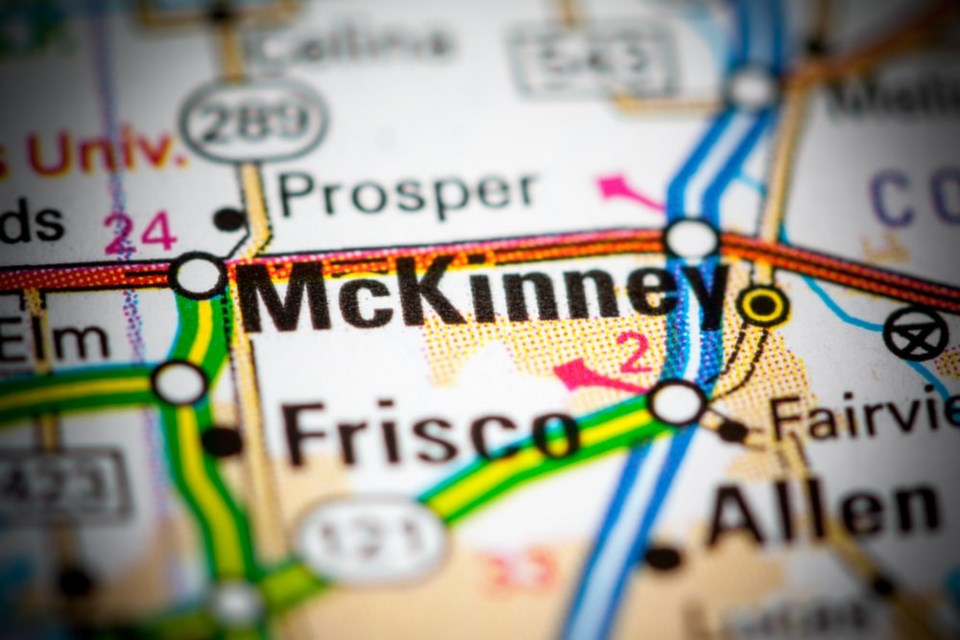Shortly after Gov. Greg Abbott announced his executive order, several local officials decided to follow Abbott’s lead and allow their shelter-in-place orders and closing nonessential business orders to expire. Monday night, Plano City Council withdrew the discussion to extend their orders until June. “Our City order expired on 4/27,” Plano spokesperson Steve Stoler wrote in an April 28 email. “The Council decided the City will follow the Governor’s new order. As you know, state orders supersede City or County orders.”
McKinney City Council, however, took a different approach and simply incorporated the governor’s executive order into their current COVID-19 disaster declaration ordinance as an amendment that they will address again in mid May when the governor announces the second phase of his Open Texas plan.
“We still have an order in place for a number of reasons,” McKinney Mayor George Fuller said. “…Our order specifies those things, some things outside of the big picture items, which is why we are keeping our order in place.”
Those things include how boards can meet. They changed the language from “shall meet in-person” to “may meet in-person.” Afterward, they voted unanimously to approve the amended ordinance.
Council members also did their best to address local business owners’ confusion with Abbott’s orders. One hair salon owner was hoping she could open since she was considered a sole proprietor, which Abbott said could reopen if they meet the requirements highlighted in his three-phase plan.
City Attorney Mark Houser pointed out that the governor’s order claims “to avoid salons.” He cautioned city council members to lean “towards businesses as much as possible” when making decisions about how to move forward. Other business owners have been asking city leaders exactly how they’re supposed to determine Abbott’s 25 percent maximum capacity requirement.
Fuller also mentioned one business owner who held a large gathering over the weekend, defying the city’s COVID-19 disaster ordinance. He wouldn’t name the business owner, and called him a friend who put Fuller in a bad spot. “People were sending pictures of dozen of people gathering together,” he said. “This person chose to disregard the rules and many other businesses downtown saw that, wanted to do that but respected the process.”
Business owners were upset with Fuller’s friend and didn’t understand why he’d gotten away with it. Fuller said he plans to discuss it with him.
Council member Rainey Rogers pointed out that 90 percent of business owners have been complying with the COVID-19 orders. Council member Fredrick Frazier agreed. “The people who are calling are the businesses and they just want to be in compliance,” he said.
They all agreed that they should follow the fire code when determining the capacity requirement. But they were confused about how this might apply to businesses with outdoor seating. Fuller said they’ve contacted the governor’s office for clarification.
“I have a feeling the governor’s office will clarify it,” Houser said.
Other business discussed included the McKinney Strong COVID-19 Business Grant program. It will offer up to $1,500 to businesses in need.
The application process begins May 1.
To qualify, a business must show a documented hardship and show expenses from March and April.
Fuller had hoped the grant money would start arriving in those businesses’ accounts by May 11. But officials need time to process the applications and set up the electronic forms. The checks won’t likely start arriving until early June.




